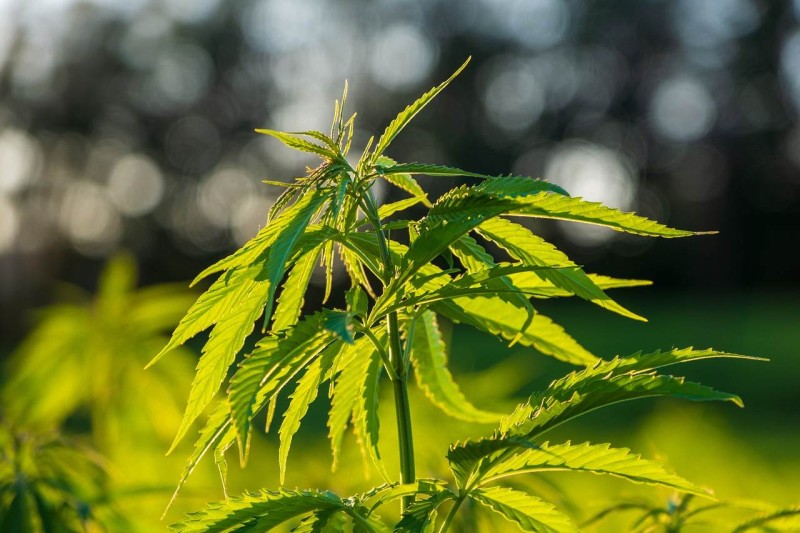Effect Of Marijuana On Reproductive Health

Recent wide legislation changes have promoted the vacuity of marijuana and its increased energy and perceived safety. The limited substantiation on reproductive and perinatal issues from marijuana exposure is enough to warrant concern and action.
Studies on the effect of marijuana exposure on reproductive health and gestation issues are clashing. Click on the link and read more about them in detail. Or having something to share with us then write on the category Submit Guest Post Marijuana and send us at healthreviewb@gmail.com
Suggested substantiation suggests that marijuana use negatively affects manly and womanly reproductive health. Also, antenatal marijuana exposure has been reported to be associated with an increased threat of preterm birth.
Marijuana is the most commonly used medicine worldwide, especially among men and women of reproductive age.
This is concerning as marijuana use may affect both manly and womanly reproductive health by snooping with the body’s ingrained endocannabinoid system.
Exploration to date suggests that marijuana use may affect the processes involved with reduplication, including the release of follicle-stimulating hormone (FSH) and luteinizing hormone (LH), testosterone, menstrual cyclicity, ovulation, and sperm parameters.
The majority of marijuana research focusing on reproductive health and gestation is limited and disagreeable. The maturity of the available mortal studies are experimental or retrospective, confounded by polysubstance use, and calculated on tone-report, therefore contributing to the diversity in reported results.
Contemporary marijuana products and edibles also have higher amounts of THC than when much of the marijuana exploration was performed.
Women's Reproductive Health Preoccupation
The available literature on the effects of marijuana use on women's reproductive health is limited and largely deduced from women witnessing supported reproductive technology.
On THC on ART issues, it has been noted that the quantum of continued heavy marijuana use negatively affects in-vitro fertilisation and gameteintra-fallopian transfer.
A more recent prospective study showed that among women witnessing ART with a positive beta-mortal chorionic gonadotropin (bHCG), those who were marijuana smokers at registration had more than double the acclimated probability of gestation loss than once marijuana smokers.
Men's Reproductive Health Preoccupation
Marijuana is the most generally used medicine in the United States and is most popular among men of reproductive age. Therefore, understanding its impact on male fertility is critical.
It's presumptive that marijuana can disrupt sperm function as cannabinoid receptors (CB1) are present on sperm and the endocannabinoid system has a part in regulating manly reduplication.
Long-term THC exposure in mice resulted in a blocked testosterone response to HCG in the testes, whereas a single oral THC cure caused dropped LH and serum testosterone levels.
